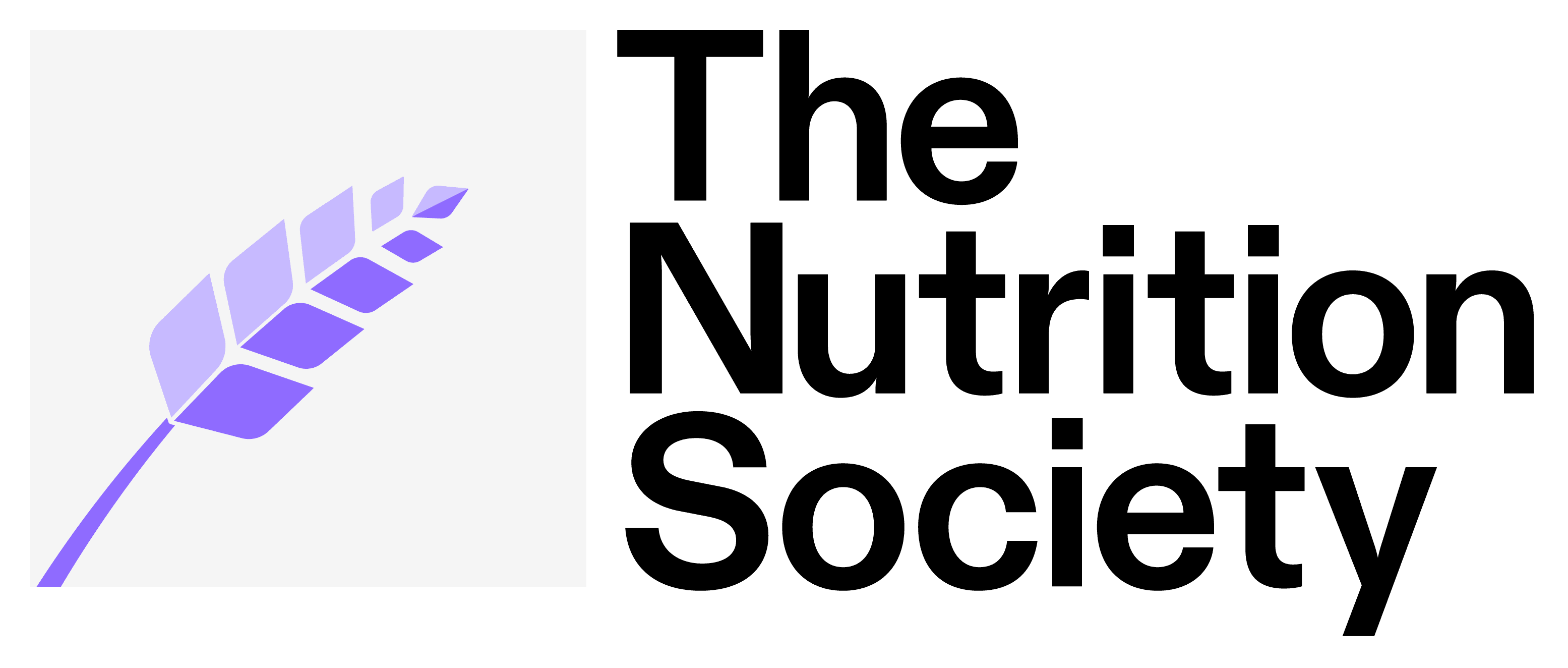Ultra-processed foods (UPF) have become ubiquitous in modern diets, raising concerns about their impact on health. Recent data show that nearly 60% of daily caloric intake among UK adults is derived from UPFs. Epidemiological studies indicate an increased risk of weight gain, type 2 diabetes, cardiovascular disease, and other chronic degenerative diseases due to high UPF consumption. This risk is not only attributed to poor diet quality but also to factors such as changes in food composition, texture, and additives, which may contribute to overeating.
This webinar explores the available evidence regarding the effects of UPFs on diet quality and overall health, while acknowledging the scientific limitations. You will be provided with a concise summary of relevant evidence and recent research findings, offering insights into ongoing debates within the field.
What will I gain from this webinar?
- Learn how to classify foods based on their processing level using the NOVA system.
- Develop the skills to critically evaluate the strength of evidence regarding the impact of UPFs on diet quality and markers of chronic degenerative disease risk.
- Gain an understanding of the ongoing debate surrounding the definition of UPF and its implications for dietary guidelines, beyond conventional classification systems.
 Endorsement No EN175.83
Endorsement No EN175.83
Course Features
- Lectures 2
- Quiz 0
- Duration Lifetime access
- Skill level All levels
- Students 233
- Certificate Yes
- Assessments Yes











